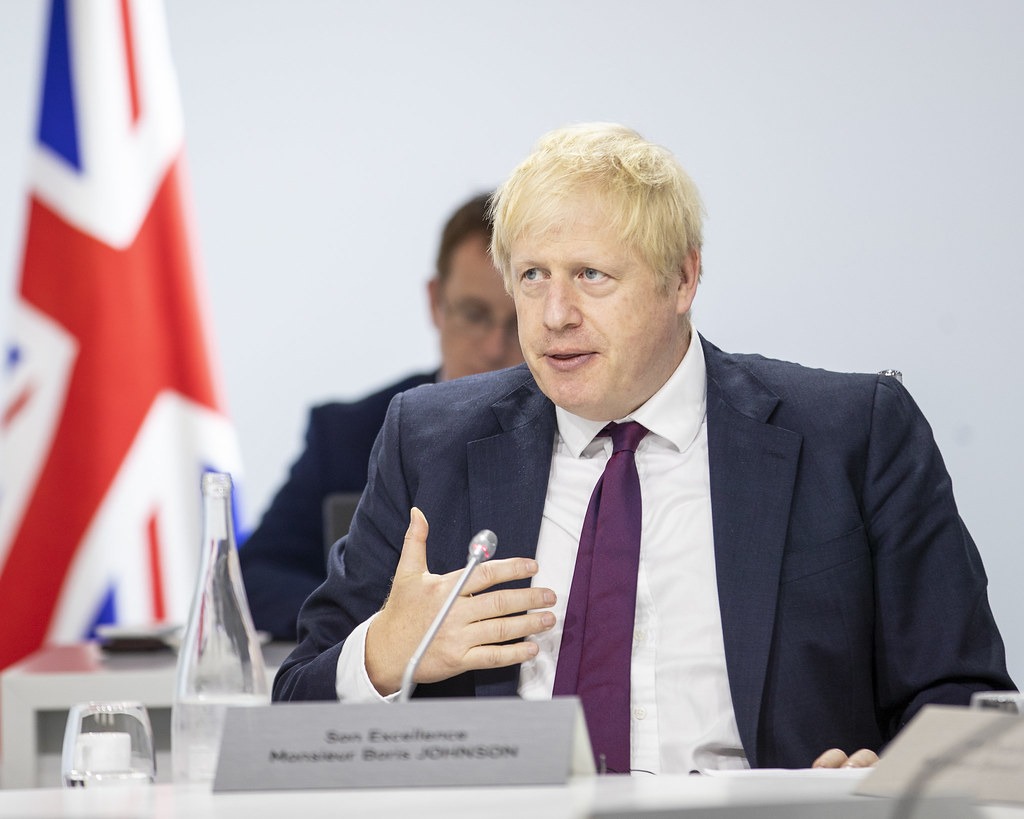
Boris Johnson, who entered 10 Downing Street on July 24, announced on Wednesday plans to prorogue the UK parliament for five weeks to protect his no-deal Brexit strategy. His decision sharply escalated tensions in Westminster as it would stop parliament debating Brexit.
The Queen accepted prime minister’s request for a prorogation, the formal break between two parliamentary sessions ahead of a Queen’s Speech that unveils the government’s new legislative programme (the last Queen’s speech was in 2017).
The 585-page withdrawal treaty – negotiated by Theresa May and the EU last November and rejected three times by the UK parliament – includes a £39bn divorce bill, guarantees for citizens’ rights and the Irish backstop that would see Britain stay in a temporary customs union until new provisions were in place to avoid the need for a hard border on the island of Ireland (the open border is integral to the Good Friday Agreement that brought peace to Northern Ireland).
Mr Johnson wants better withdrawal terms, without the Irish border backstop. If none were forthcoming he has vowed to sever Britain’s 46 years of ties with its biggest trading partner overnight. The EU, on the other hand, is united in its view that the withdrawal agreement could not be reopened. A no-deal Brexit could mean tariffs, customs and regulatory checks as well as disruption to supply chains and data flows.
Prime minister’s decision to suspend parliament to curtail the time MPs have to introduce legislation or other measures aimed at preventing a no-deal Brexit has set up confrontation with parliament as a majority of MPs oppose leaving the EU without a deal.
His move to gag parliament has increased calls by opposition MPs for an immediate no-confidence vote in the government. Jeremy Corbyn, leader of the opposition Labour party, however, is for now holding back this option.
Mr Johnson also lost an important figure from his party. Ruth Davidson, who opposes leaving the bloc without a deal, stepped down as leader of the Scottish Conservatives. Scotland voted by 62-38 per cent to remain in the EU in the 2016 EU referendum and Mr Johnson is deeply unpopular there.
A no-deal outcome is now seen as the most probable scenario and a new general election is now a genuine possibility this autumn. Sterling fell 0.6 per cent against the dollar on Wednesday and was down 0.5 per cent versus the euro.
Photo: Number 10